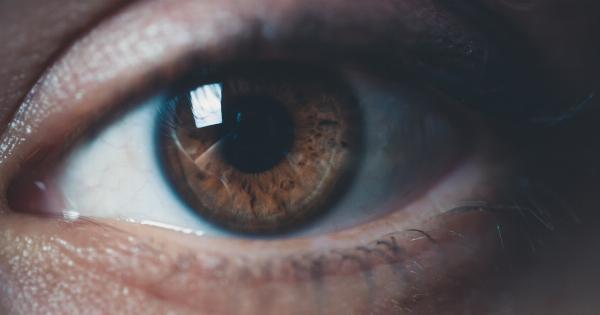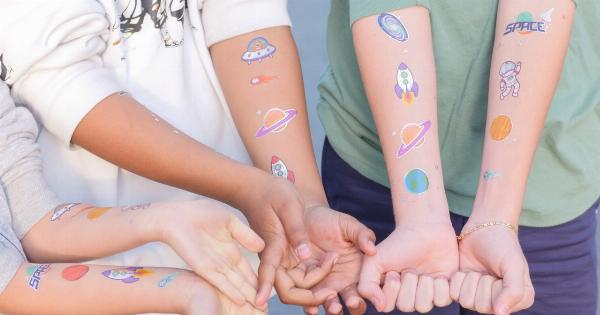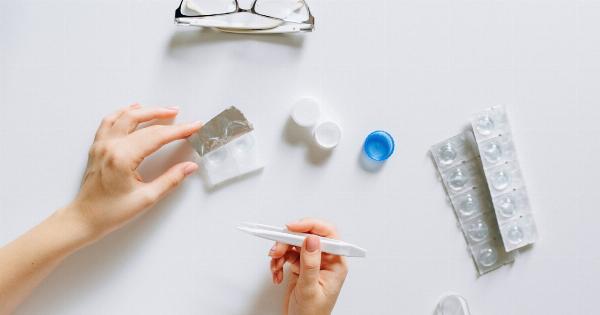Colored contact lenses have become a trend in recent years, adding an element of fun to your look, and you can wear them to almost any occasion- Halloween parties, music festivals, and even everyday wear.
But always remember that to enjoy your colored contacts and avoid serious eye problems, you should handle them with the utmost care. Here are some tips for wearing colored contacts without harming your eyes.
1. Consult an Eye Doctor
Before you even decide to wear contacts, consult with an eye doctor. They will determine if you need prescription lenses and guide you on the best-colored contacts for your eyes.
Seeking medical advice from an eye doctor is essential to ensure the safety of your eyes and to maintain good eye health.
2. Buy Contacts from Reputable Sources
Do not buy colored contacts from street vendors, beauty supply stores, or unverified online retailers.
Purchase your contacts from reputable suppliers such as optometrists, authorized retailers or online stores, which follow safety regulations to keep your eyes healthy.
3. Follow Contact Lens Instructions
Always follow the instructions for care and handling provided for your contacts. This involves storing them properly in a clean, dry storage case, using the appropriate solution, and not wearing them for longer than the recommended time.
Avoid touching your contacts with dirty hands, and if dropped, disinfect before wearing again.
4. Do Not Share Your Contacts
Your colored contacts are not transferable, and you should never share them with anyone. Contact lenses are considered medical devices; therefore, you should never share them or use someone else’s lenses.
5. Avoid Wearing Colored Contacts Overnight
Wearing contacts overnight increases the risk of bacterial infections and severe eye irritation. Your eyes need enough oxygen to stay healthy, and wearing contacts obstructs the amount of oxygen your cornea receives.
6. Remove Your Contacts if You Experience Any Discomfort
If your contacts feel uncomfortable, it’s best to remove them immediately. Your eyes are delicate and can get easily irritated if there is something wrong.
If you experience redness, itchiness or any other discomfort, discontinue use and consult your eye doctor before using the contacts again.
7. Don’t Wear Colored Contacts in Water
You should never wear colored contacts in water or any other liquid, not even when showering.
Wearing contacts in water increases the chance of bacteria getting into your eyes, putting you at risk of severe eye infections, which can lead to permanent vision loss.
8. Regularly Replace Your Colored Contacts
Do not use the same makeup after its expiration date, and do not use expired contacts. When it comes to colored contacts, you should replace them every six months to ensure optimal eye health.
9. Do Not Wear Contacts if You Have Eye Problems
Do not wear colored contacts if you are experiencing any eye problems, such as dry eyes, allergies or infections, as they can aggravate the problem, making it worse.
10. Seek Urgent Medical Care if You Experience Eye Infections
If you experience eye infections, such as eye pain, redness, swelling, discharge, sensitivity to light or blurred vision, remove your contacts immediately and seek urgent medical care.
Eye infections can lead to severe complications, including blindness.
In conclusion, wearing colored contacts can be a fun way to switch up your look, but it’s important to remember that they are medical devices that require proper handling and care.
Following the tips outlined above will help ensure that your eyes remain healthy and without any issue.



























